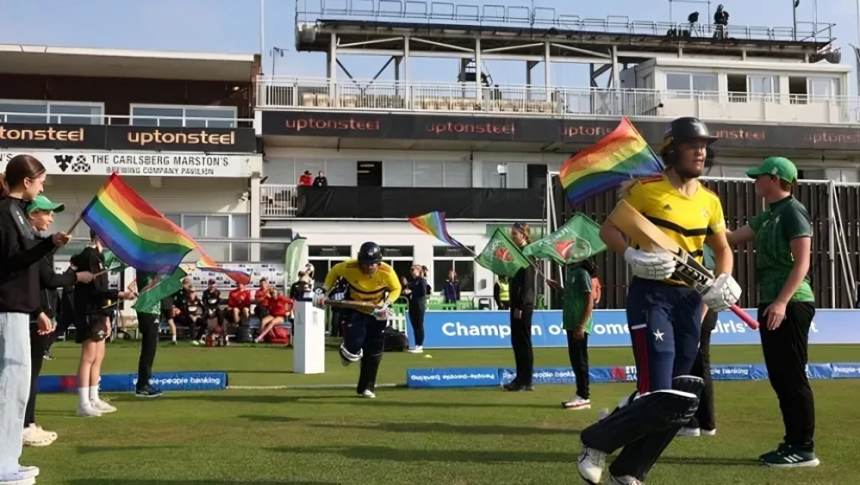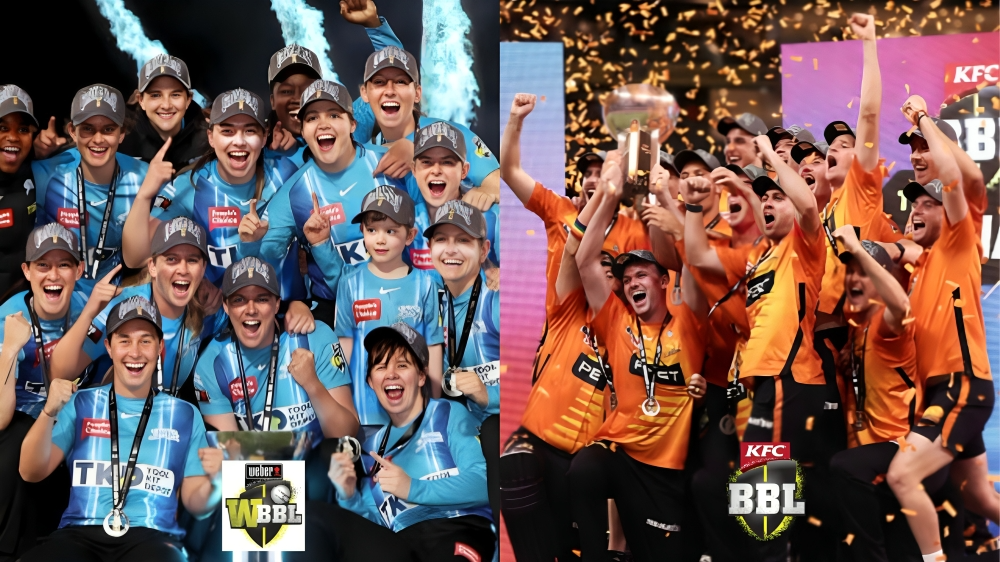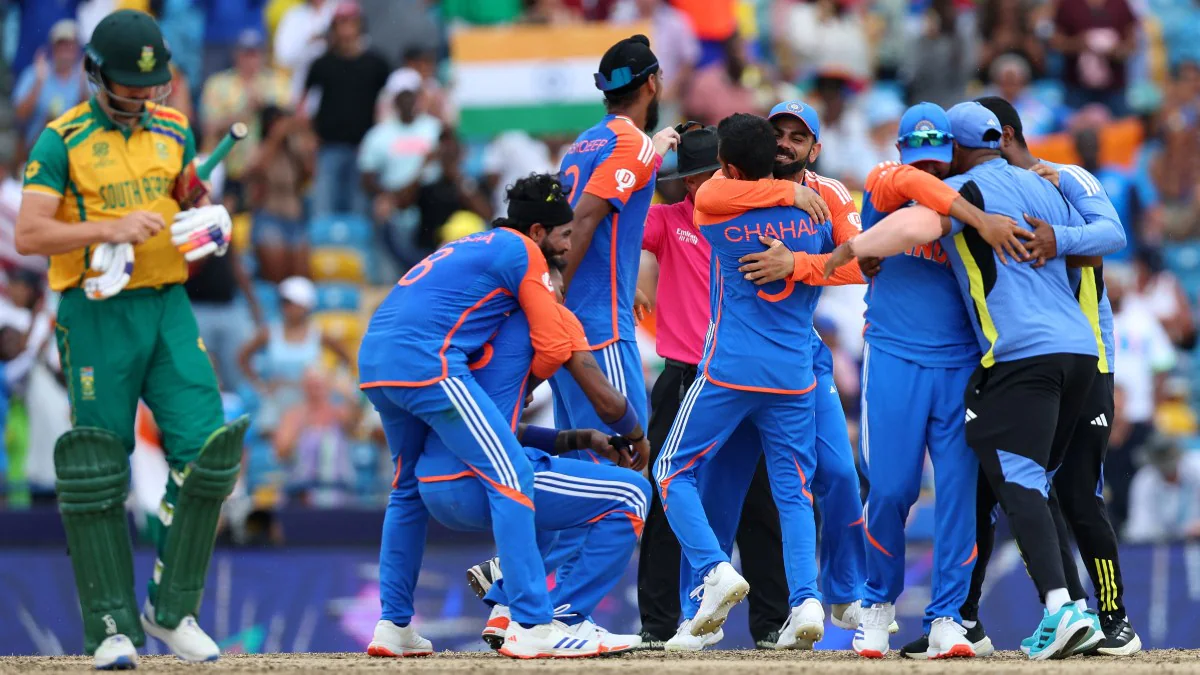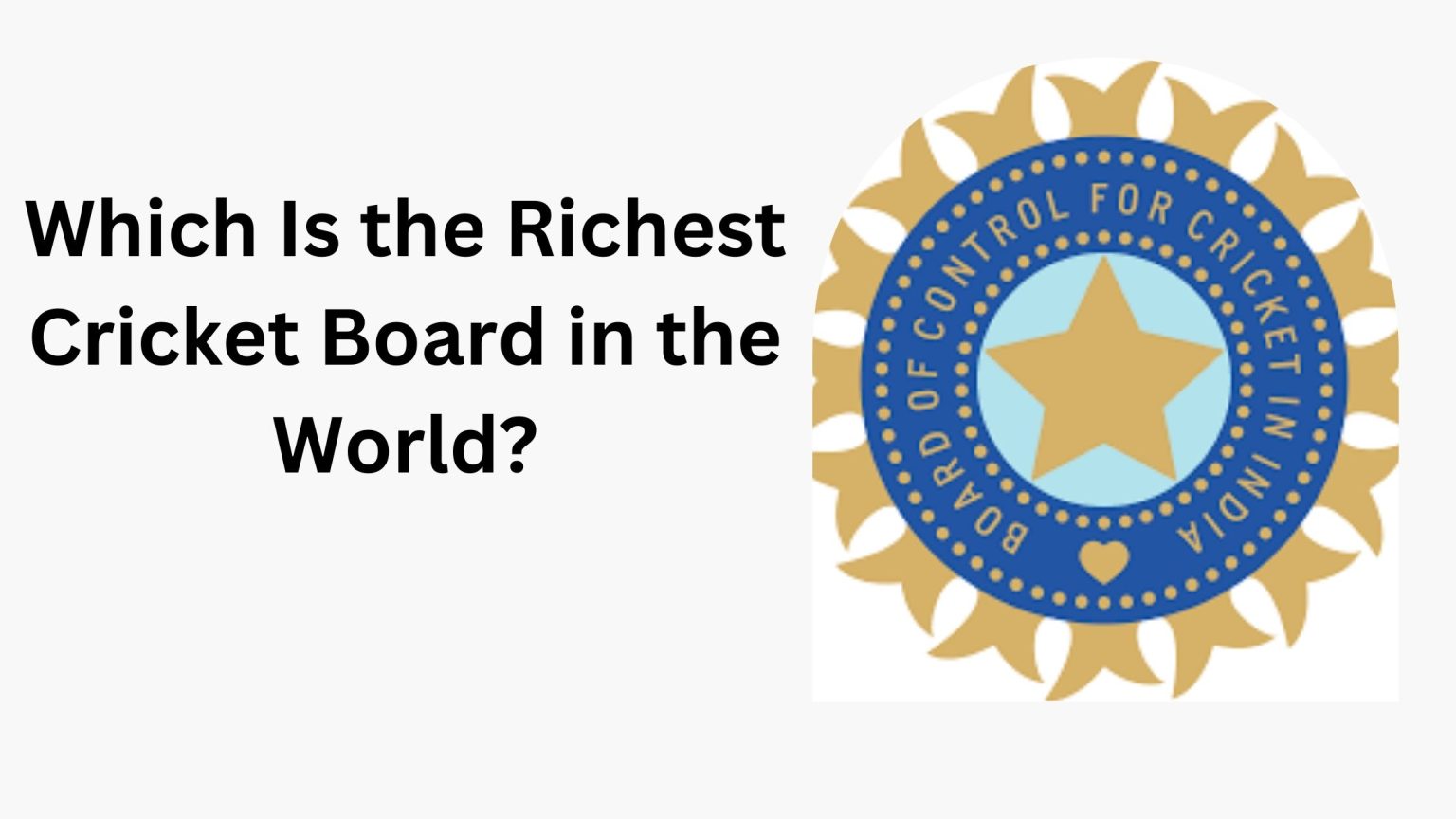ECB Bans Trans Women from International Cricket
In a significant decision, the England and Wales Cricket Board (ECB) has implemented a ban on trans women who have gone through male puberty from participating in women’s cricket in England and Wales. This ruling aligns with the International Cricket Council’s (ICC) policy enacted last year, which similarly prohibits trans women who have experienced male puberty from playing professional cricket. The move reflects ongoing debates surrounding inclusion and fairness in women’s sports, raising questions about the balance between competitive integrity and the rights of transgender athletes.
ECB’s Consultation Process
The ECB’s policy shift comes after extensive consultations and the gathering of wide-ranging views during discussions held throughout 2023. The board considered relevant scientific and medical evidence before reaching its conclusion. ECB officials stated, “Having considered wide-ranging views gathered during the consultation… the ECB has decided that from 2025 it will adopt the same approach as the ICC for women’s professional domestic cricket.” This decision aims to provide consistency across domestic and international levels, especially since the top tier of domestic cricket serves as a pathway for aspiring international players.
Implementation Timeline and Future Considerations
The detailed policy for this ban is set to be developed over the coming months in consultation with various stakeholders and is expected to be formally in place by the 2025 domestic season. The ruling will apply to Tiers 1 and 2 of the new women’s domestic structure, as well as The Hundred Women’s competition. This timeline allows for stakeholder engagement and the opportunity to refine the policy before it is enacted, ensuring that the decision reflects the views and needs of the cricketing community.
Diverging Domestic Policies
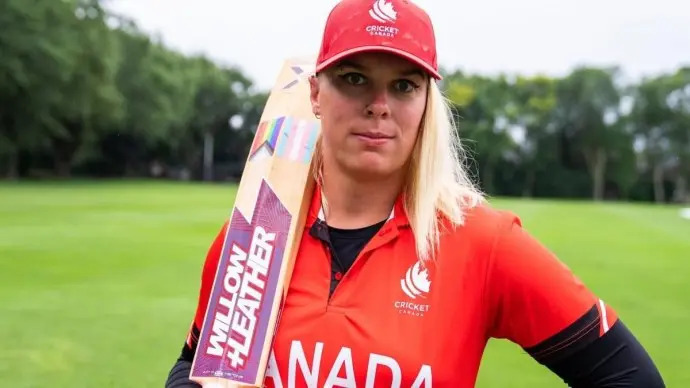
While the ECB’s decision aligns with the ICC’s stance, it creates a disparity with the policies of other domestic cricket boards. For example, Cricket Australia currently has no restrictions on the age at which a transgender player must transition but requires that a trans woman maintains a serum testosterone level of fewer than 10 nanomoles per liter for at least 12 months to compete in women’s professional competitions. This variance highlights the complexities surrounding the issue of inclusivity in sports and the differing approaches taken by governing bodies across the globe.
Also Read: https://cricator.com/hbhw-vs-mlsw-2nd-semi-final-t20-spring-challenge/
Impact of ICC’s Decision
The ICC’s decision to restrict trans women from playing at the elite level followed the notable case of Canada’s Danielle McGahey, who made headlines as the first transgender cricketer to compete internationally. Her participation brought attention to the challenges and discussions surrounding transgender athletes in sports, prompting governing bodies to reevaluate their policies in light of fairness and inclusivity.
Responses from the Community
The announcement has elicited mixed reactions from the cricket community and beyond. Supporters of the ban argue that it protects the integrity of women’s sports, while opponents contend that it undermines the rights of transgender individuals to compete. This decision may lead to further debate regarding the treatment of transgender athletes across various sports, as well as the need for clear, consistent policies that respect both inclusion and competitive fairness.
Conclusion
As the ECB moves forward with its decision, the cricketing world watches closely to see how these policies will impact the future of women’s cricket and the participation of transgender athletes. The implementation of this ruling in 2025 will serve as a critical test case for balancing the rights of athletes with the principles of competitive integrity, potentially shaping the landscape of women’s sports for years to come.

